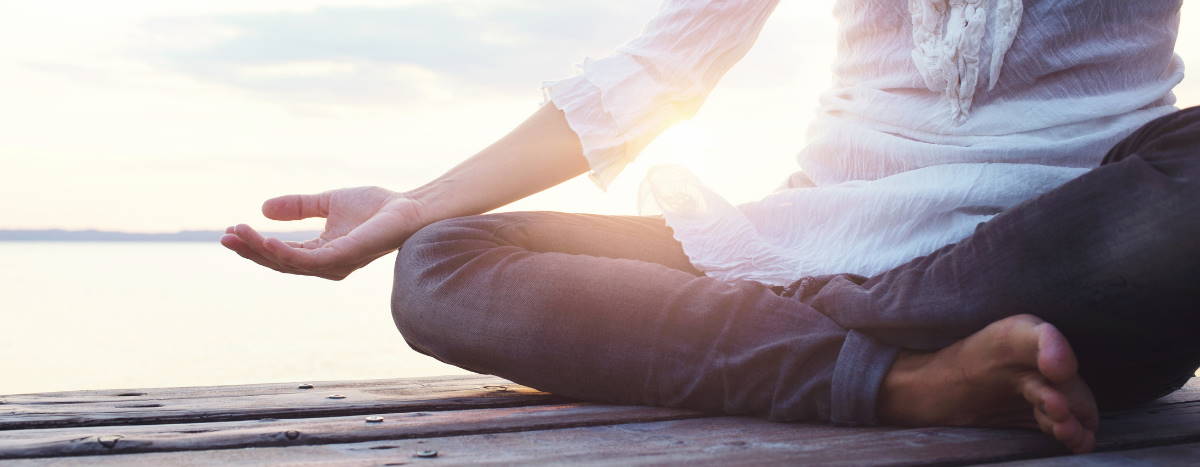Life Insurance
Lump sum payment if you were to pass away or are diagnosed with a terminal illness.
WellBeings - 3 min read
26 November 2021
Before COVID-19 changed our lives, we lived in a world addicted to speed as though we were stuck in fast forward. A silver lining of the last 2 years is we HAD to slow down and that felt good. Today on episode 4 of WellBeings we find out why, courtesy of the author of the best seller “In Praise of Slowness” and leading voice in the “Slow Movement” Carl Honore.

He breaks down how our love of speed erodes our health, productivity and quality of life. But there is a backlash brewing, as everyday people start to put the brakes on our all too modern lives.
Hopefully there is something to take out of this conversation for everyone, in finding ways to decelerate the pace of our lives. If you do like it, the ask would be, share it with someone that you know, that could use a change of pace.
It all starts with one single small step, here are 5 ways you can slow down today and live a little more consciously.
It’s hard to slow down when you're trying to do a million things at once. Instead, start with the conscious choice to do less. What’s important, what really needs to be done, and then just let go of the rest. Put space between tasks and appointments, so you can move through your days at a more leisurely pace.
Research shows that serial multi-taskers take longer to switch tasks than others, but they also have difficulty in organizing thoughts and filtering out the irrelevant information making them much less efficient.
Instead of trying to cram food down our throats as quickly as possible — leading to overeating and a lack of enjoyment of our food — learn to eat slowly. Be mindful of each bite. Appreciate the flavours and textures. Eating slowly has the double benefit of making you fuller on less food and making it taste better. I suggest learning to eat more real food as well, with some great spices (instead of fat, salt, sugar and frying for flavour).
Speedy driving is a pretty prevalent habit in our fast-paced world, but it’s also responsible for a lot of traffic accidents, stress, and wasted fuel. Instead, make it a habit to slow down when you drive. Appreciate your surroundings. Make it a peaceful time to contemplate your life, and the things you’re passing. Driving will be more enjoyable, and much safer. You’ll use less fuel too.
The opposite of multi-tasking. Focus on one thing at a time. When you feel the urge to switch to other tasks, pause, breathe, and pull yourself back.
This is related to being present, but taking it a step farther. Whatever you’re doing, be fully present … and also appreciate every aspect of it, and find the enjoyable aspects. For example, when washing dishes, instead of rushing through it as a boring chore to be finished quickly, really feel the sensations of the water, the suds, the dishes. It can really be an enjoyable task if you learn to see it that way. The same applies to other chores — washing the car, sweeping, dusting, laundry, or even just going for a walk — anything you do. Life can be so much more enjoyable if you learn this simple habit.
We’ll all get a chance to hit the reset button as we come out of this, slowing down could just be our secret weapon, because when we take our time with things, it normally always produces our best work, our strongest friendships and deepest relationships.

Through conversations with some of the world’s most famous faces in the field, WellBeings explored the ‘science of feeling good’. Through a series of Podcasts and articles, we learned together the simple practices that can help us all thrive, backed 100% by science.
Article by: Dominic Bowden
Stepping away from TV I felt rudderless, without a strong purpose. I realised I’d put a lot of my physical and mental health on the side, I was driven and ambitious to get ahead in both NZ and America but it was all external. I decided to put the focus on the internal, do a little “ME-search". Yes change does require effort but it doesn’t have to be hard. Little by little we can ALL acquire the skills to do BIG things, no matter what our age and most importantly make lasting and meaningful change in our lives.
Disclaimer: The information in this article is general information only and is not intended as financial, medical, health, nutritional, tax or other advice. It does not take into account any individual’s personal situation or needs. You should consider obtaining professional advice from a financial adviser and/or tax specialist, or medical or health practitioner, in relation to your own circumstances and before acting on this information.